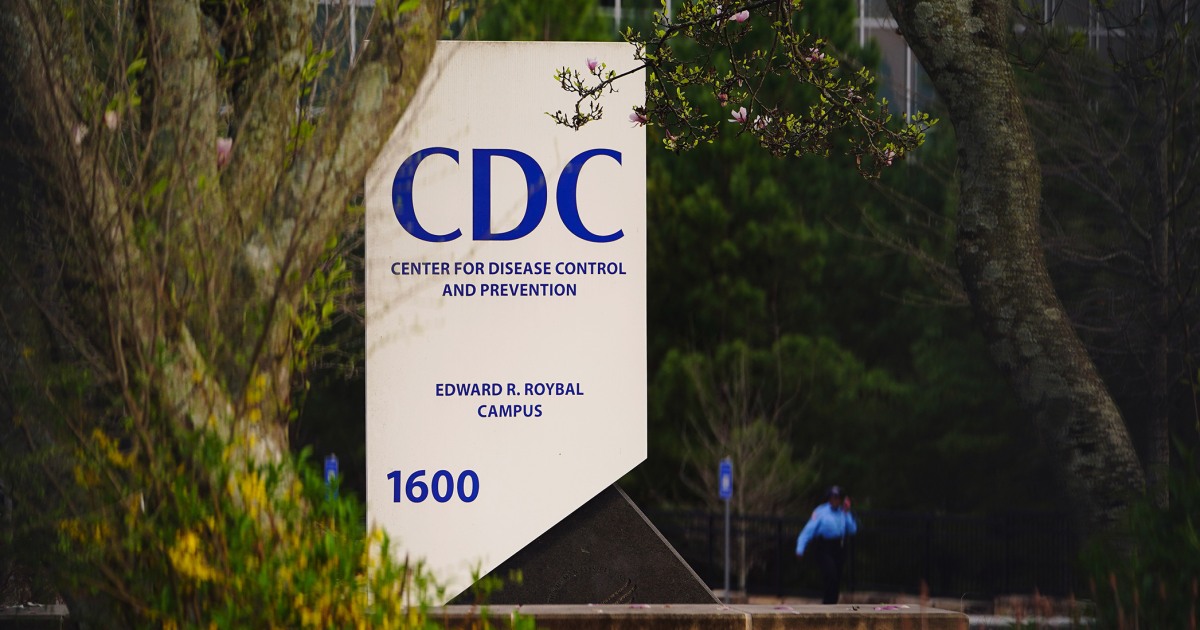The Impact of Leadership Changes: CDC’s ‘Disease Detectors’ Face Layoffs Amid Budget Cuts
The Centers for Disease Control and Prevention (CDC) has long been regarded as the backbone of public health in the United States. However, recent leadership changes and significant budget cuts by the Trump administration have thrown the agency’s vital workforce, often referred to as the ‘disease detectors’, into a state of uncertainty. As these cuts loom, the implications for public health preparedness and response are concerning and multifaceted.
Understanding the Role of CDC’s ‘Disease Detectors’
The term ‘disease detectors’ refers to a specialized group of epidemiologists, health scientists, and public health professionals within the CDC. These individuals are tasked with identifying, monitoring, and responding to health threats, both domestically and globally. Their work involves:
- Surveillance: Continuously tracking diseases to notice patterns and outbreaks.
- Outbreak Response: Rapidly mobilizing resources and expertise to contain emerging health threats.
- Research and Analysis: Conducting studies to understand disease dynamics and inform policy decisions.
- Public Education: Providing crucial information to healthcare providers and the public on health threats.
This workforce is essential in preventing epidemics and ensuring community health. However, the impending layoffs due to budget constraints threaten to undermine these efforts.
The Budget Cuts: A Closer Look
Under the Trump administration, significant budget cuts have been proposed for the CDC. These reductions have raised alarms among public health advocates and professionals. The proposed cuts, estimated to be in the hundreds of millions, would impact various programs, including those that support the ‘disease detectors’.
These cuts are part of a broader strategy aimed at reducing federal spending, but they come at a time when the importance of public health has never been more pronounced. The COVID-19 pandemic has highlighted the essential role that agencies like the CDC play in safeguarding public health.
Consequences of Leadership Changes
Leadership changes at the CDC also bring about uncertainty. New leadership often means a shift in priorities and strategies. The appointment of officials who may not prioritize infectious disease control or public health preparedness can result in a misalignment between the agency’s goals and the pressing health needs of the nation.
In this context, the potential layoffs of the ‘disease detectors’ may lead to:
- Decreased Surveillance Capacity: Fewer personnel mean less ability to monitor and respond to health threats effectively.
- Loss of Institutional Knowledge: Experienced professionals leaving the agency can lead to a significant loss of expertise and historical context.
- Weakened Public Trust: Layoffs can signal to the public that the government is not fully committed to addressing public health concerns.
Public Health Preparedness at Risk
The potential layoffs raise serious questions about the future of public health preparedness. As history has shown, the U.S. faces an array of health threats, from infectious diseases to bioterrorism. The CDC’s ability to respond quickly and effectively is critical in mitigating these risks.
Health emergencies, such as the Ebola outbreak in West Africa and the Zika virus, underscored the need for a robust public health response. The CDC played a pivotal role during these crises, and the loss of skilled personnel could hinder future responses.
The Importance of Investment in Public Health
Investing in public health is paramount for national security and community well-being. Every dollar spent on public health initiatives can save multiple dollars in healthcare costs and lost productivity. The current budget cuts run counter to the lessons learned from previous public health crises.
Experts argue that instead of cutting funds, the government should increase investment in the CDC and similar agencies. This could lead to:
- Enhanced Disease Surveillance: More resources can improve the ability to track emerging health threats.
- Better Training Programs: Investing in workforce development ensures that public health professionals are well-prepared to tackle future challenges.
- Increased Community Engagement: Funding can support outreach programs that educate the public on health issues.
Looking Forward: Optimism Amid Challenges
While the situation appears dire, there remains optimism in the public health community. Advocacy groups are mobilizing to highlight the importance of the CDC’s work and the need for sustained funding. Grassroots movements and public awareness campaigns can play a crucial role in reversing budget cuts.
Furthermore, the COVID-19 pandemic has galvanized public interest in health issues. This heightened awareness can lead to greater support for public health funding, as citizens recognize the vital role of the CDC in protecting their health.
Conclusion
The impact of leadership changes and budget cuts at the CDC is a pressing concern that resonates across the public health landscape. The potential layoffs of the ‘disease detectors’ threaten not only the agency’s operational capacity but also the health security of the nation. As advocates and citizens rally for necessary changes, it is crucial to remember that strong public health systems are a fundamental pillar of a resilient society.
Moving forward, the call to action is clear: we must invest in our public health workforce, support the CDC, and ensure that our ‘disease detectors’ have the resources they need to protect communities from health threats. Only then can we hope to build a healthier future for all.
See more WebMD Network



